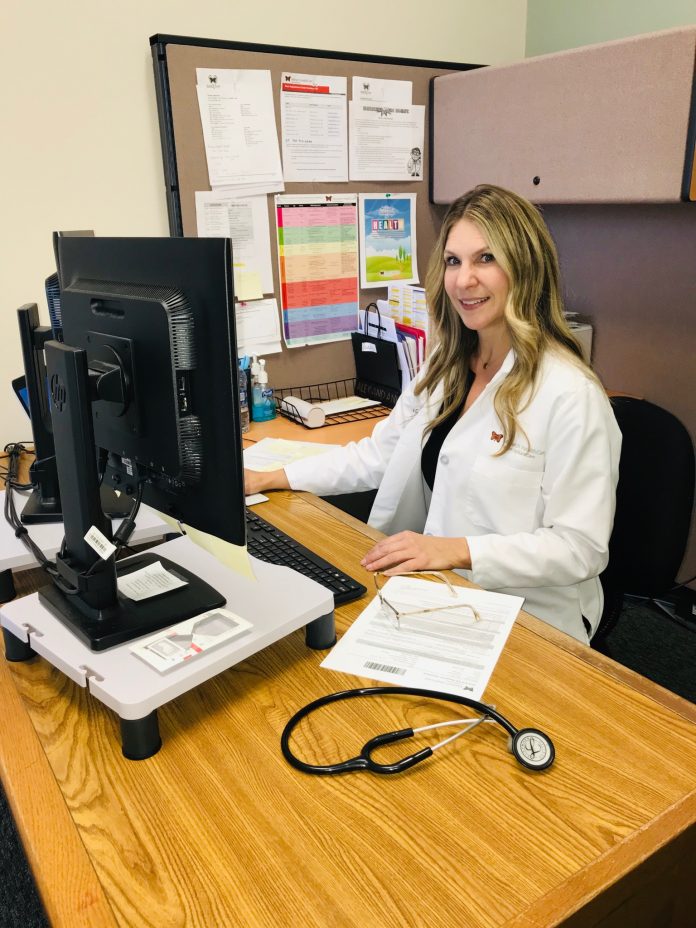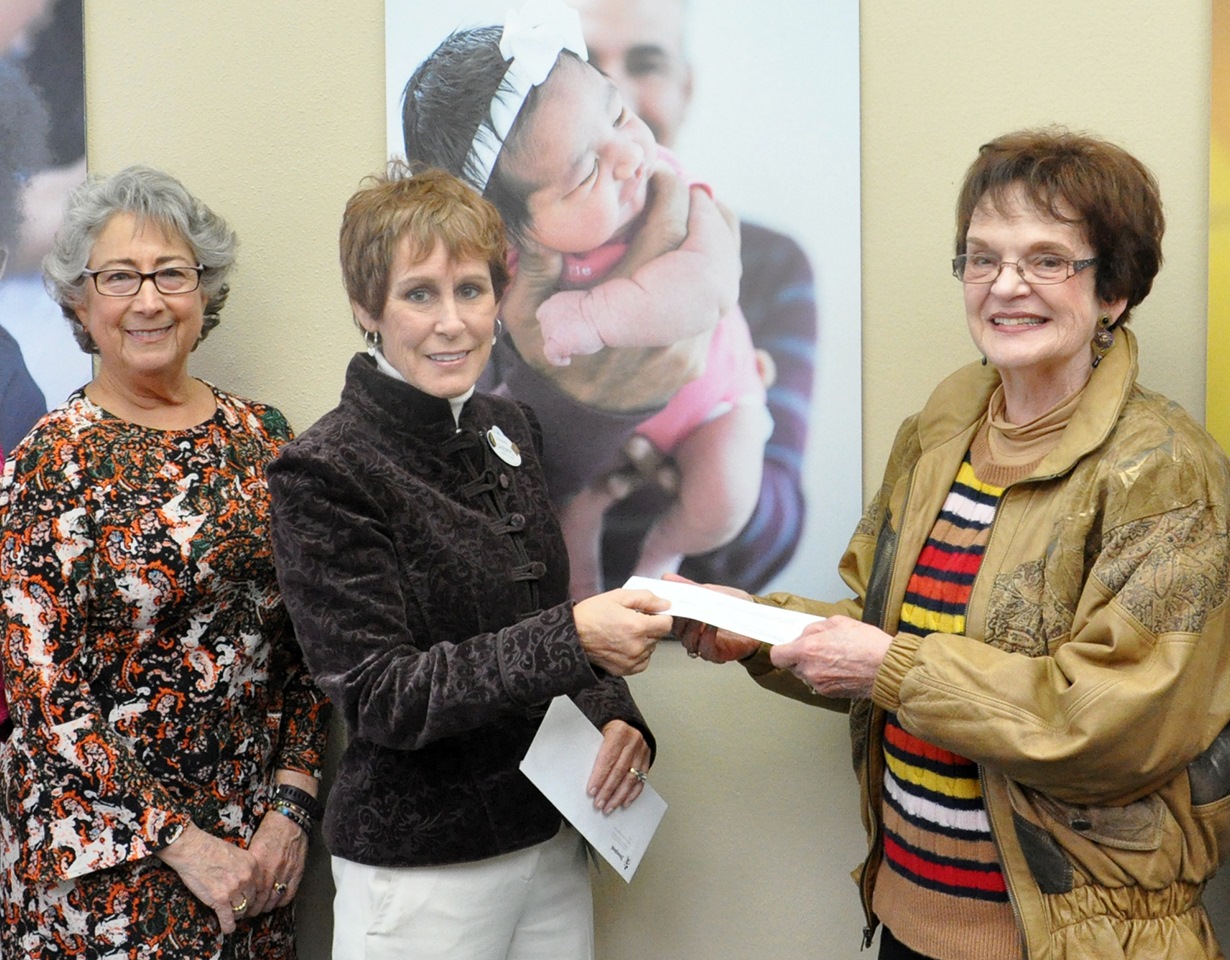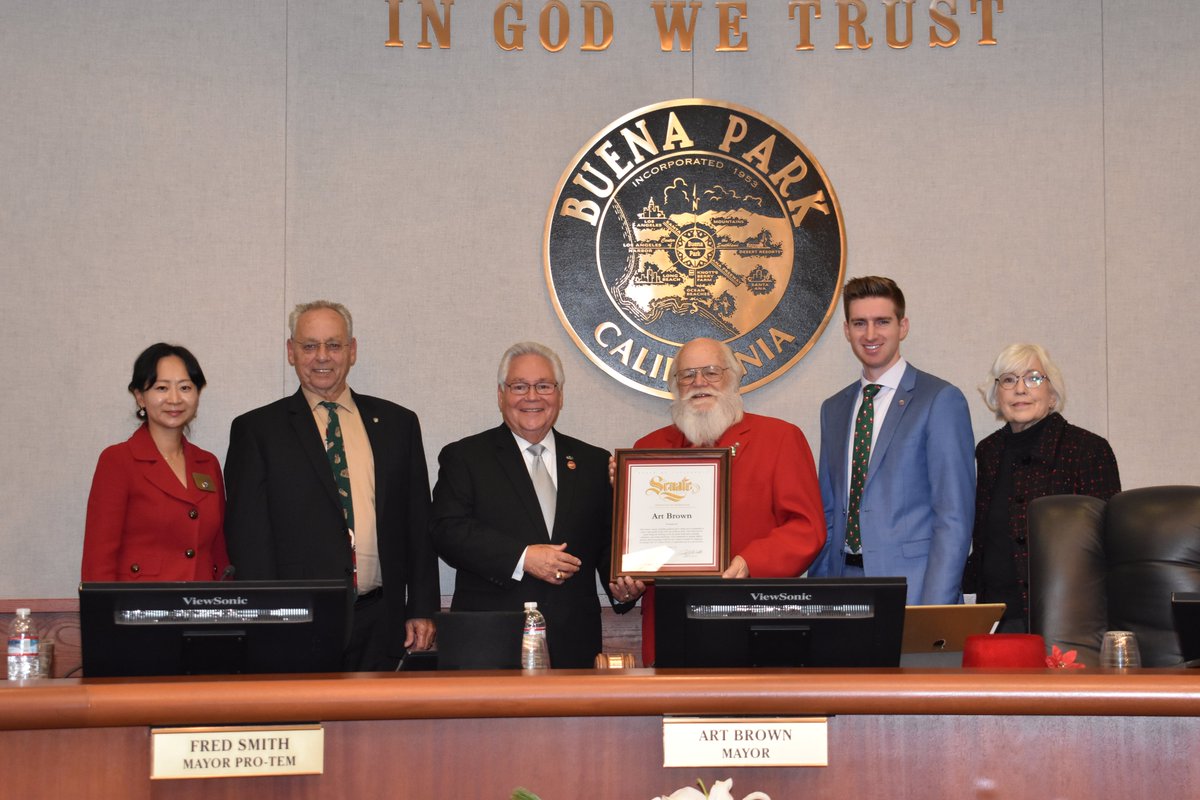Sandra Gordon found her calling in life when she was a youngster. When she was in kindergarten she didn’t want to play with just any new toy. She wanted to get a kids’ doctor kit. Nothing else would do.
Then during her high school years, her grandmother, who had diabetes and many other health issues, came to live with the family. Sandra felt the need to help, so she served as a caregiver until her grandmother passed away.
“I always wanted to help people and make them feel better,” said Sandra, a nurse practitioner at Monarch Healthcare’s clinic in Anaheim. “I love this profession. I knew I wanted to be a nurse or a doctor. That’s always been my mission.”
Sandra is one of nearly 250,000 licensed nurse practitioners in the United States. Known as NPs, they are registered nurses who are qualified to treat certain medical conditions without the direct supervision of a doctor. They can prescribe medication, examine patients, diagnose illnesses and provide treatment, much like physicians.
Sandra has been a professional nurse for 26 years. Before becoming an NP, she worked as a nurse in emergency rooms and intensive care units.
Her emergency room experience showed her that in many cases the patients who came in were suffering because they did not seek out or follow preventive health care, such as healthy diets, regular exercise and early screenings for diseases or risk factors. Many patients she saw over the years were diabetes patients who were not practicing healthy lifestyles.
Now, as an NP, Sandra is on the “other side” of the medical profession in that she is able to practice preventive medicine. She wants to help patients avoid the types of health issues that lead them to emergency rooms. And then, if a disease does take hold, she wants to help the doctor provide good care.
Sandra said she and her co-workers at the Monarch Care Clinic are dedicated to creating a “wonderful experience” for their patients by taking the extra time to hear about their concerns. The goal, she said, is to have the right temperament and make a meaningful connection.
“You must be empathetic,” she said. “You need to be a good listener. You have to have a strong intuition.”
Having empathy has been very important for Sandra because most of her patients are mature adults, ranging in age from the mid-60s to mid-90s. She recalled an especially touching scene with a woman who had recently lost her son—it was her only child and she was dealing with depression.
The important thing was sincere talk, a dose of “unhurried communication,” which Sandra believes can bring out a lot in a patient and, in turn, help them get the care they need.
The result in that case and for so many of her patients is thankfulness and appreciation.
“I treat every patient who comes in here as if they’re my family member,” she said. “I can definitely say that. I can attest to that because nursing comes from the heart.”










